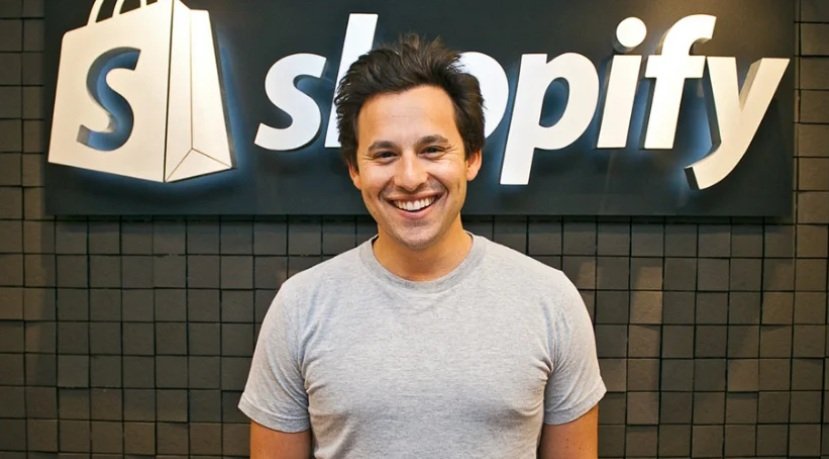Ryan Petersen, born in 1980 in the United States, is an entrepreneur and businessman who founded Flexport, a global technology company specializing in logistics, supply chain management, and freight transportation. Petersen’s voice has recently gained attention in debates over U.S. tariff policies and their potential impact on his company’s business model.
Flexport is a licensed freight forwarder that approaches logistics with a modern, technology-driven framework. Its web-based platform simplifies operations for global brands and their deliveries. During the COVID-19 pandemic, Flexport gained visibility for distributing masks and providing financial assistance in response to the crisis.
Petersen’s interest in import and export shaped his path early on, leading him to study Economics. As an economist, he has become an influential figure in the logistics industry, emphasizing customer value and reflecting on pricing volatility in global markets.
Petersen’s View on U.S. Tariffs
For Petersen, leading a multinational supply chain company means that tariff policy is more than a political issue—it’s a business reality. Import and export dynamics are directly tied to tariff negotiations and quota systems.
With a calm but concerned tone, Petersen acknowledged the negative impact of tariff hikes but shifted the focus toward his clients: “I’m not really worried about Flexport, but about our customers. Some of these stories are truly sad. We need to roll back these tariffs so they don’t disappear,” he said.
Based on his forecasts, Petersen expects that Flexport will maintain profitability thanks to its diversification across Asia, which reduces dependence on China—currently in a tariff dispute with the U.S. At one point, tensions between the two nations pushed tariff rates above 100%, though they have since moderated.
Reflecting on U.S. economic policy, Petersen noted that “the Federal Reserve usually steps in under these circumstances,” while adding that “you can’t print money to avoid a supply chain crisis.” Without stirring controversy, the Flexport founder reasoned that his company has viable alternatives to absorb tariff shocks.
Ryan Petersen: The Entrepreneur Who Puts Customers First
Flexport operates with a customer-centric model, managing shipments and deliveries worldwide. Its online platform combines modern interface design with advanced positioning practices to enhance user navigation and access to information. In interviews, Petersen has discussed SEO and SEM strategies—two distinct yet complementary approaches that users and companies rely on to optimize their searches.
The company also uses data tools to build detailed client profiles and understand customer behavior. Petersen advises: “When creating a client list, define your ideal customer as precisely as possible—size, location, industry, buyer profile, sales process, and tech stack.”
Raised by his mother alongside his brother, Petersen developed his work ethic early, earning pocket money through odd jobs. Influenced by his mother’s entrepreneurial background, he and his brother later co-founded ImportGenius, a data intelligence firm focused on analyzing commercial shipping records.
He later moved to China to observe supply chain operations firsthand. Before relocating, Petersen had been importing products from China and selling them online in the U.S. That experience—and the eventual closure of ImportGenius—led to the creation of Flexport. As he explained, “Global trade is too complex, and there’s no software to manage it.” Many successful ventures, he argued, arise from identifying unmet needs in society.
Initially, Flexport offered its software free of charge, earning revenue solely from shipping services. Over time, as demand for the platform itself grew, the company began charging a small fee for software access—recognizing that businesses valued the technology as much as the logistics service.
A Day in the Life of Ryan Petersen
Petersen divides his workday among sales management, public relations, investor engagement, and cultivating company culture. Recently, he announced the opening of a new Flexport office in New York to strengthen the company’s U.S. base.
Recruitment is another of his core activities. Given the complexity of supply chain operations, each employee’s role must be precisely aligned to prevent disruptions. Balancing these priorities, Ryan Petersen continues to lead as CEO and president of one of the most dynamic and evolving firms in the logistics industry.







